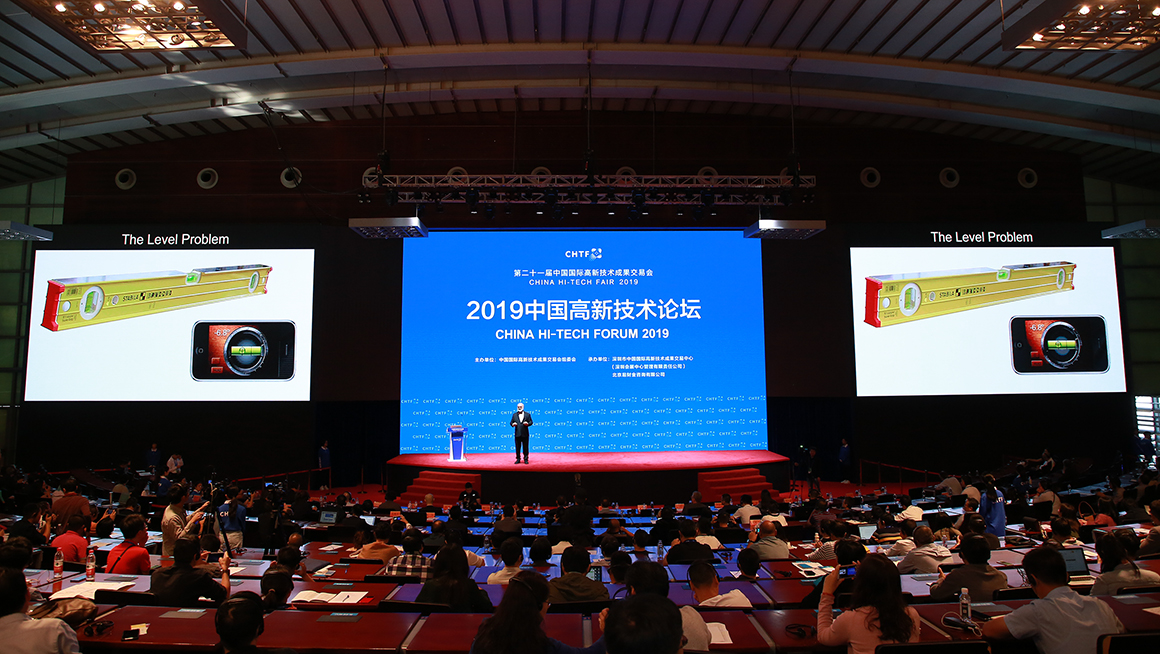
In today's world, scientific and technological innovation has become a key variable in reshaping the world pattern and creating the future of mankind. Breakthroughs have been made in cutting-edge emerging technologies such as artificial intelligence, blockchain, quantum computing, sustainable energy, biomedicine, and autonomous driving. We are experiencing a broader and deeper scientific and industrial revolution. Starting from today, what are the emerging technologies that are most likely to lead the world's industrial transformation in the next decade? What will the future look like to scientists, and how will we influence it with our actions?
At the "Emerging Technologies that Change the World" theme forum of the 21st China International High-tech Fair (CHTF) held on the 14th of this month, well-known scientific people at home and abroad thought about the emerging technologies that are most likely to lead industrial transformation and change the world in the next decade.
Thomas Frey, the world famous futurist, founder and executive director of the Da Vinci Institute, was invited to attend the forum and delivered a wonderful speech with the theme of "Hello 2029", imagined the science and technology world in 10 years, and put forward the view that "the future affects the present" rather than "the present affects the future".
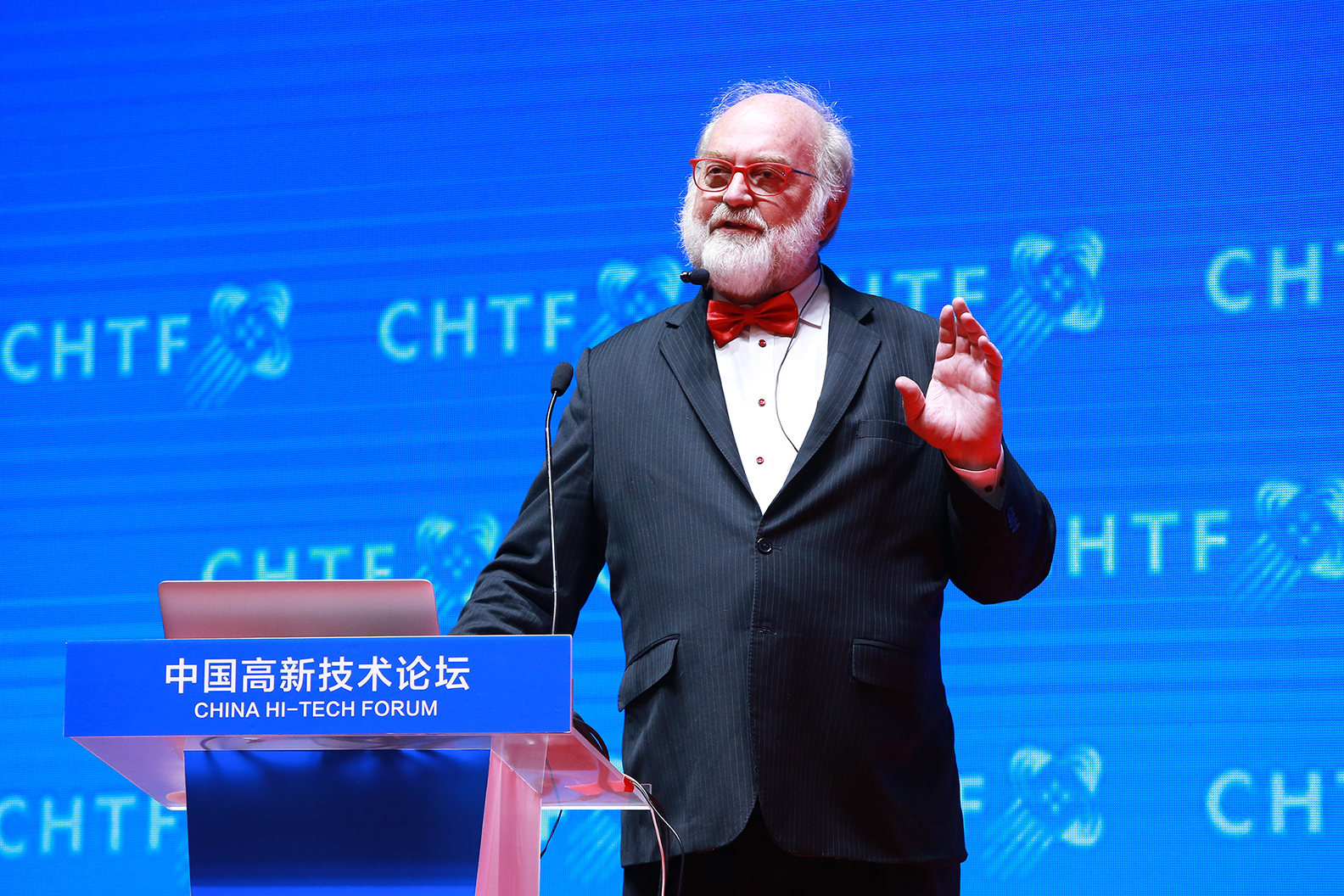
Thomas Frey is a world-renowned futurist who spent 15 years as an engineer and designer at IBM and founded 17 companies. Over the past decade, he has attracted a worldwide following for his ability to accurately predict the future, including NASA, IBM, Disney, the Federal Reserve, KPMG, Pepsi, and other government agencies and well-known corporations. He currently writes a weekly newsletter titled "Future Trends Report," and has been dubbed the "Dean of Futurists" by the Denver Post and the Seattle Post-Intelligencer.
All industries will be restructured in the future
When we talk about the future, we always worry about what jobs will disappear, whether two billion people will have their jobs replaced by machines, whether jobs will be created at a faster rate to meet demand. And Thomas Frey says, "Don't be too pessimistic about the future. What matters is how you look at it."
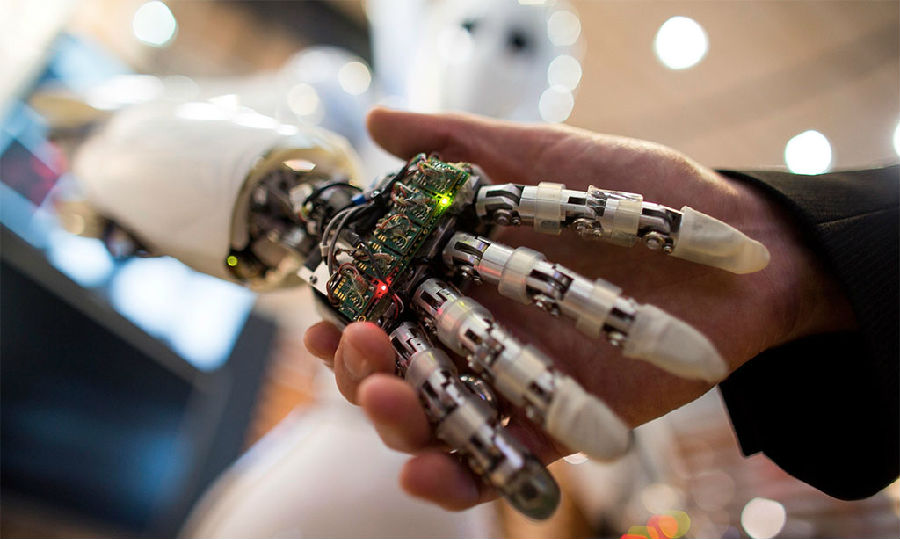
"All industries will face this development cycle, there are peaks and valleys, and the industry around us can be washed away at any time in the flood of time," said Thomas Frey. However, every future industry may develop slowly from a small but fine industry, thrive, and finally a single spark can start a prairie fire.
He estimates that more than 100,000 new small and micro industries could be reshaped by 2030. For example, in the footwear industry, some technological innovators in the United States today began to "empower" shoes, so that shoes become more intelligent: able to record data; Providing night run lighting or connecting peripheral lighting fixtures; Monitoring, monitoring, etc. These shoes subvert our traditional idea that such innovative enterprises can be developed into big projects in the future.
Emerging industries will change the future social pattern
Thomas Frey said that our society does not have enough foresight to look forward, and is accustomed to being confined to the past, which is the drawback of humanity. We should look ahead. The future can actually shape and influence the present. Our vision of the future determines the actions we take today.
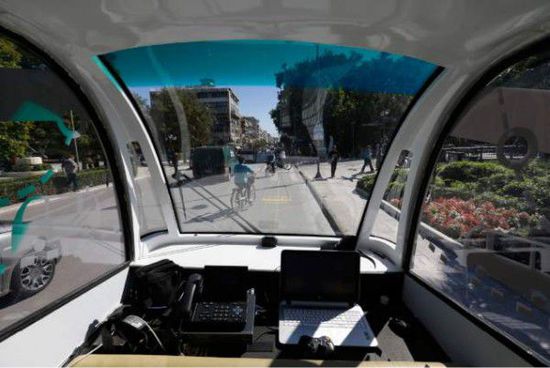
He believes that new industries will change the future of society. For example, driverless cars, the era of driverless cars will affect all aspects of our lives, their impact is very large, but there are many questions that have not been answered. And once we change the way we think, there's a lot of inspiration. For example, driverless + unmanned retail, we can have mobile meetings anytime and anywhere, we can do mobile cooking anytime and anywhere, as well as mobile haircuts, mobile banking, mobile pet stores, mobile coffee shops, retail stores and bicycle repair shops. There will be big changes in all walks of life.
"The big question is how many stores will be transformed by the driverless industry in the next decade or two," said Thomas Frey.
The next 20 years will change more than any other period
Thomas Frey shares some of his key predictions for the future.
The first is that search engines will be widely used in the physical world, he said, the future people can search for all kinds of information anytime and anywhere, such as where the tornado has been, where the most serious traffic jam is, which is the most dangerous bridge in the city and so on.
The second is the widespread use of drones. "By 2030 there will be a billion drones in use in cities, just like birds," he said. Every university, press center, police station and farm will have their own drone team, and people will control all the drones in the air through a drone call center."
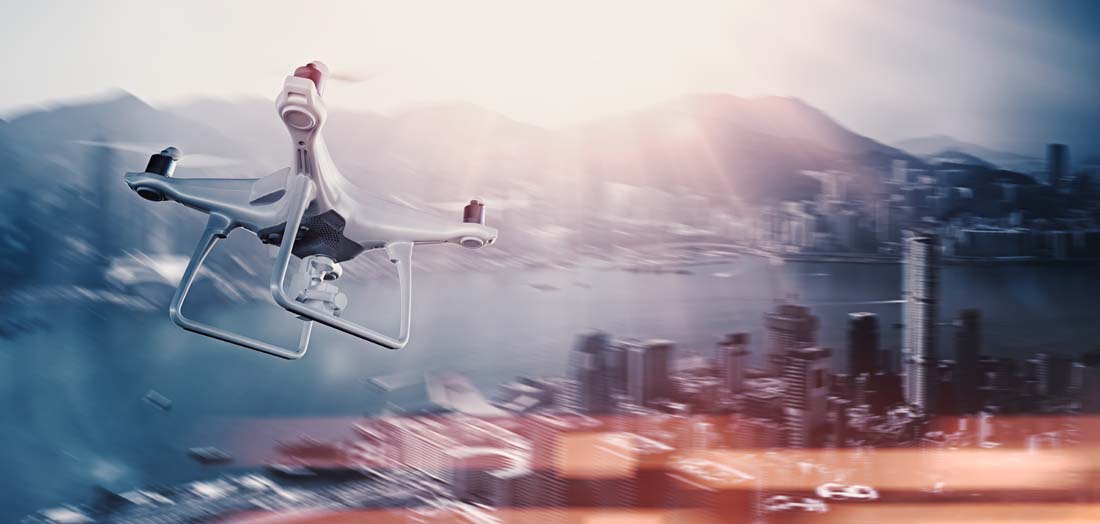
Popularize driverless taxis. Thomas Frey believes that driverless technology will be the most disruptive technology, and this technology will be more disruptive than the invention of electricity.
Thomas Frey predicts that by 2030, the largest Internet company in the world will be an Internet company in the field of education, which can be combined with the Internet and can be very large-scale. But no such company has yet emerged.
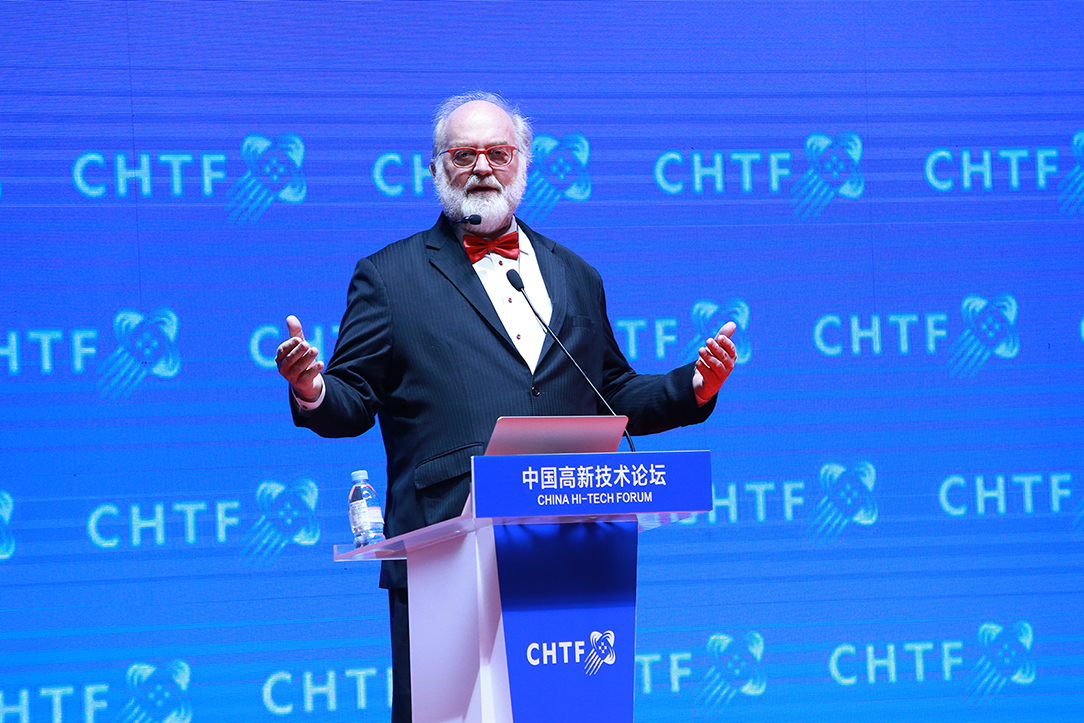
Finally, Thomas Frey says, "By 2030, everyone will have printed clothes, live in printed houses, deliveries will be delivered by drones, and everyone will be freelance." We now have an unprecedented opportunity to change humanity more in the next 20 years than it has ever changed in history. At the same time, we are creating so many important nodes that our children and grandchildren may not be born yet, but how they will live in the future is determined by our decisions, because our present determines the future."